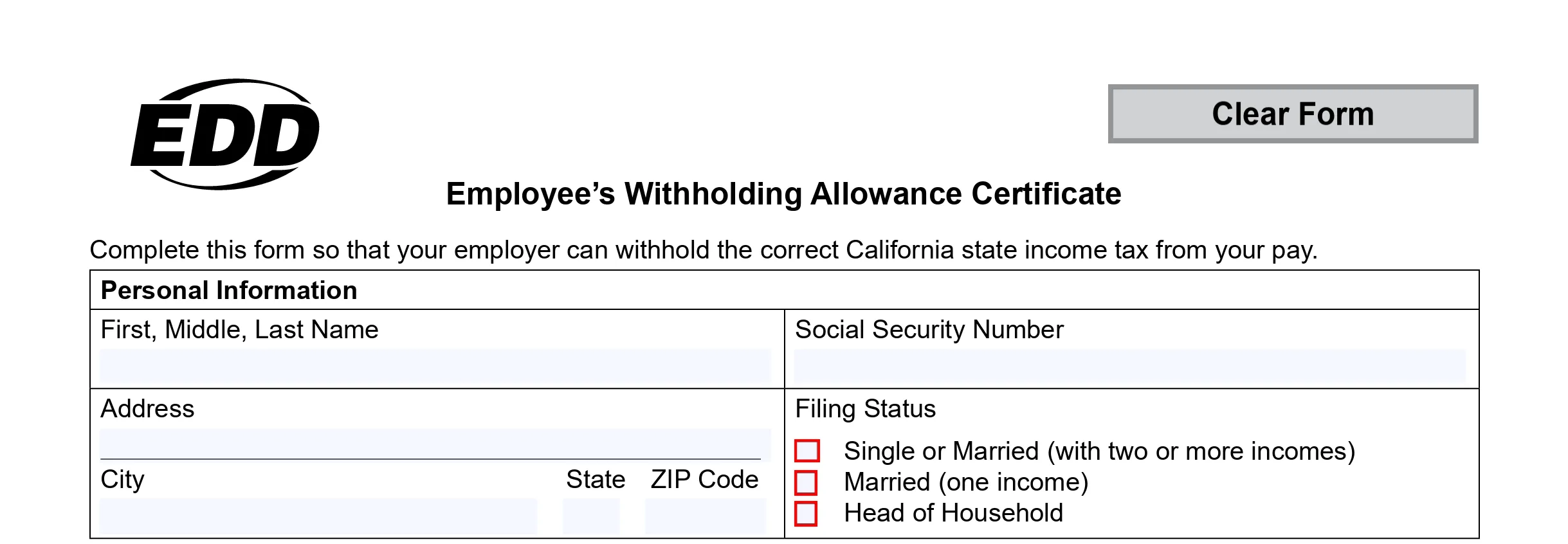How Legal Professionals Can Maximize Tax Deductions: A Comprehensive Guide
As a lawyer, you understand the importance of keeping up with the law, but have you been keeping up with the tax laws and regulations that affect your practice? Every year, tax deductions can significantly reduce your taxable income and help you save money. However, navigating the complexities of these deductions can be tricky, especially for busy law professionals. That’s where professional bookkeeping services come in—ensuring you’re claiming every possible deduction and staying compliant with the IRS.
In this comprehensive guide, we’ll take a deep dive into tax deductions that are most beneficial to legal professionals, how to document them properly, and why having organized books is crucial to maximizing your savings.

1. Key Tax Deductions Every Lawyer Should Be Aware Of
Lawyers, like other small business owners, are entitled to various tax deductions that help offset the costs of running a practice. Here are some key deductions that you should keep in mind:
a) Office Space and Rent
If you rent office space, the cost is deductible. But what if you work from home? You can still claim the home office deduction if you use part of your home exclusively and regularly for business purposes. Be sure to calculate your deduction based on the square footage of the space used for your practice.
b) Legal Research and Resources
The cost of books, legal research subscriptions, and other tools directly related to the practice of law are fully deductible. This includes online databases like Westlaw or LexisNexis, as well as the cost of physical books or periodicals. Make sure you keep receipts and records of all these expenses.
c) Professional Development and Continuing Education
Ongoing education and training are crucial in the legal field. You can deduct the cost of attending conferences, seminars, webinars, or even law school courses if they directly relate to improving your professional skills. Don’t forget to include travel expenses if you attend an out-of-town seminar.
d) Client Meetings and Meals
Meeting with clients to discuss cases or business is part of your everyday work. The IRS allows deductions for meals directly associated with business activities. While meals are typically only 50% deductible, maintaining accurate records and receipts is key to making sure you can claim these expenses.
e) Employee Costs
If you have employees, you can deduct wages, salaries, and benefits paid to them. Additionally, if you offer employee bonuses, pensions, or other incentives, those can also be deductible. This includes any related costs such as payroll taxes, insurance, and retirement plan contributions.
f) Business Travel Expenses
When you travel for work, you can deduct transportation, lodging, and meals. This includes travel to and from client meetings, court appearances, or legal conferences. However, any personal vacation time taken during a business trip should be excluded from the deduction.

2. Proper Documentation for Each Type of Deduction
The IRS requires proper documentation to substantiate every deduction you claim. This includes:
• Receipts for business-related purchases, meals, and travel
• Invoices for legal research services, office supplies, and other professional services
• Calendars and records to prove the legitimacy of client meetings, conferences, and other business-related events
• Payroll records for employee-related deductions
• Tax forms for any retirement plans or benefits provided to employees
Being organized and maintaining accurate records is not only required by the IRS, but it can also help prevent mistakes and ensure that you maximize your deductions.
3. How Professional Bookkeeping Services Can Maximize Deductions and Ensure IRS Compliance
Handling tax deductions and bookkeeping on your own can be time-consuming and confusing, especially when trying to stay compliant with tax regulations. That’s why outsourcing your bookkeeping to a professional can be a game-changer.
Professional bookkeeping services ensure:
• Accurate record-keeping: Bookkeepers track every expense, making sure that you don’t miss any deductions.
• Timely filing: With deadlines looming, having an experienced bookkeeper on your side ensures you file on time, reducing the risk of penalties or missed deductions.
• Maximized deductions: A professional bookkeeper knows all the possible deductions available and will help you claim them correctly.
• Audit protection: In the event of an audit, your financial records will be well-organized, which can make the audit process easier and less stressful.
4. Common Mistakes That Result in Missed Deductions
Many legal professionals miss out on potential savings because of common mistakes:
• Not tracking mileage and travel: Failing to keep detailed logs of miles driven for business or travel expenses is a missed opportunity.
• Mixing personal and business expenses: It’s critical to maintain separate accounts for personal and business-related expenses. Commingling funds can cause confusion and missed deductions.
• Neglecting client meetings and meals: Lawyers often miss out on meal deductions because they don’t properly document the purpose and details of meetings.
By avoiding these common mistakes and keeping organized, you’ll ensure you’re maximizing your deductions and complying with the IRS.
Conclusion
Maximizing tax deductions is a crucial part of managing your law firm’s finances. By understanding the key deductions available to you, maintaining accurate records, and working with a professional bookkeeping service, you can reduce your taxable income and increase your savings.
Proactive tax planning is a win-win: it minimizes your tax liabilities and gives you peace of mind to focus on what matters most—serving your clients. Don’t leave money on the table; take advantage of the deductions you’re entitled to!
Disclaimer: This blog is for informational purposes only and should not be considered tax advice. Consult with a qualified tax professional or advisor for personalized guidance based on your specific situation.
Reach out to us today at [email protected], and let's work together to optimize your tax situation and financial well-being. Your journey towards a more tax-efficient future starts here.



